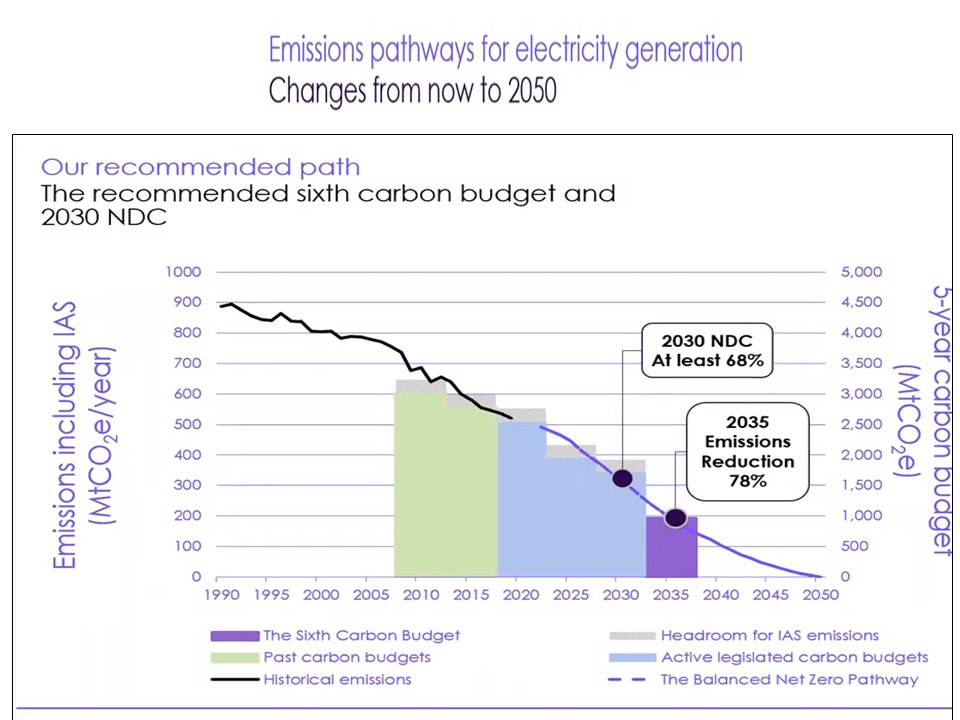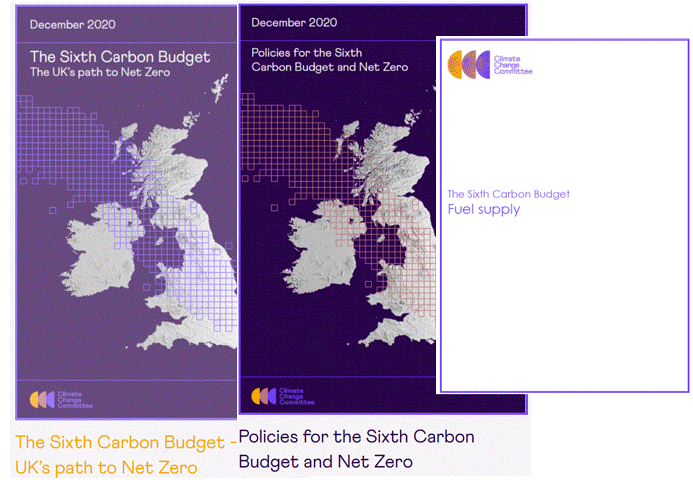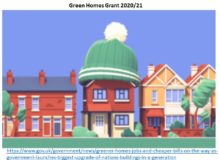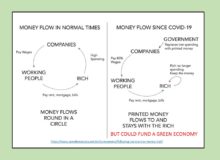Background
The Paris Agreement was initially signed for the UK by his excellency Lord Bourne of Aberystwyth, Parliamentary Under-Secretary of State for Energy and Climate Change, on 22nd April 2016, ratified for the UK by Boris Johnson, Foreign Secretary, on 17th Nov 2016, with the UK pledges submitted as part of the EU pledges.
On 3rd Dec 2020 the government announced the new UK (NDC) with pledges up to 2030. The NDC aims for an “at least 68%” reduction in emissions by the end of the decade.
To find the latest NDC for the UK click here at the UN’s Registry
UK Legislation and the Committee on Climate Change
The UK manages its emissions reductions through the Climate Change Act 2008 which: “commits the UK to reducing emissions by at least 80% in 2050 from 1990 levels“. In June 2019, the UK Government committed to a Net Zero carbon emissions target across the economy by 2050. (Net zero means any emissions would be balanced by schemes to offset an equivalent amount of greenhouse gases from the atmosphere, such as planting trees or using technology like carbon capture and storage.)
The Committee on Climate Change (CCC) is the independent, statutory body set up to advise the UK Government on reducing greenhouse gas emissions and preparing for climate change.
Sixth Carbon Budget
The CCC’s Sixth Carbon Budget can be found here along with Sector reports for Transport, Building, Manufacturing and Construction, Electricity Generation, Fuel Supply, Agriculture Land Use and Forestry, Aviation, Shipping, Waste, F-Gases and Greenhouse Gas Removals.
The CCC considered 4 scenarios and recommended steering a ‘balanced pathway‘ that acknowledges these all, is ambitious yet achievable.
- Widespread engagement – responsive and willing. The CCC relied for its understanding of UK people’s readiness to change on the UK Climate Assembly where statistically chosen citizens listened to experts and reached consensus to compile this report.
- Innovation – more and cheaper technologies
- Headwinds – heavier going and more infrastructure needed
- Tailwind – optimistic take upper bounds. Necessary to get there in 2040s
- Balanced Pathway – bottom up actions keep open other options. This balanced pathway aligns with the UK’s Net Zero target




